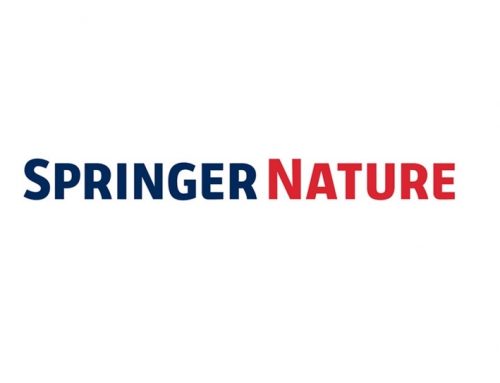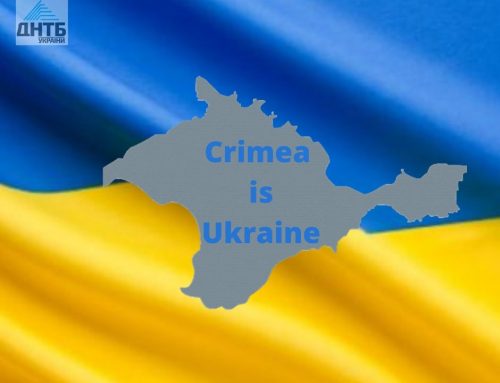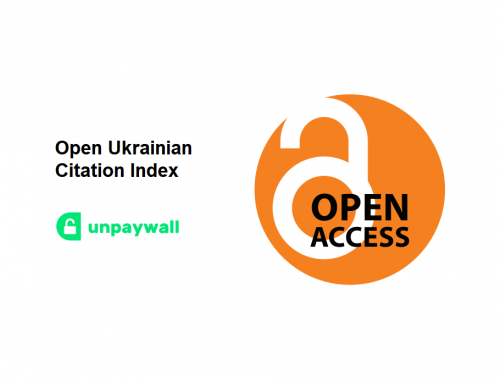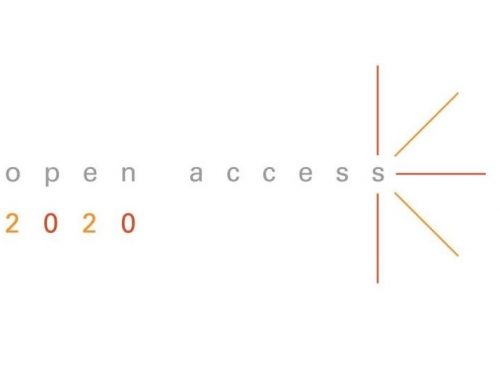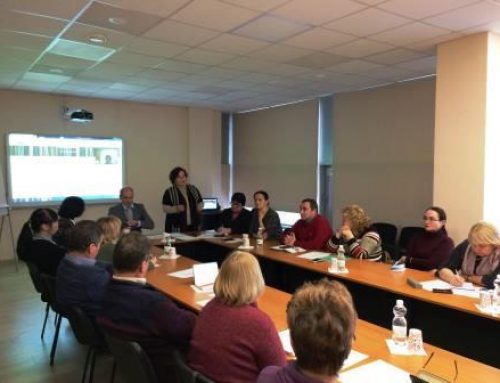Nature about the Open Ukrainian Citation Index
The Nature journal wrote about our project the Open Ukrainian Citation Index (OUCI) – search engine and a citation database that come from all publishers that use the Crossref’s Cited-by service and supports the Initiative for Open Citations. We offer our readers a full author’s preprint:
Dmytro Cheberkus & Serhii Nazarovets
Ukraine supports the Initiative for Open Citations (I4OC)
The Ministry of Education and Science of Ukraine together with the State Scientific and Technical Library of Ukraine launched the Open Ukrainian Citation Index (OUCI) http://ouci.dntb.gov.ua/en/ – a search engine and a database of citations that come from all publishers using the Crossref’s Cited-by service. This engine supports the Initiative for Open Citations (I4OC) – a collaboration between scholarly publishers, researchers, and other interested parties to promote the unrestricted availability of scholarly citation data. The OUCI database contains metadata for scientific publications having received their DOI from Crossref, takes into account citations between publications (DOI to DOI) and includes special search filters, such as: year, type of document, title, publisher, indexing in Scopus or Web of Science etc. Also, for the needs of Ukrainian users, the system contains additional search filters for Ukrainian journals (that’s why the name of the tool contains an attribute Ukrainian).
The OUCI is intended to simplify the search for scientific publications, to attract editorial attention to the problem of completeness, openness and quality of the metadata of scholarly publications. The OUCI creators expect that the development of such open resources will make information about scientific citation accessible for everyone and not just for scientists from countries that can afford subscription to commercial resources [1]. They also hope that this tool will become an additional source of data to conduct bibliometric studies, in particular in the fields of the Social Sciences and Humanities, where many of the scientific results focus on regional topics and target the domestic audience, and therefore they are often published in local non-English journals [2].
We believe that we are working to build a new fair infrastructure where anyone interested in wide spreading scientific knowledge can present their publications to the community, develop expert judgment skills and access scientific citations to explore the links between documents.
References
1. Shotton, D. (2018). Funders should mandate open citations. Nature, 553(7687), 129. https://doi.org/10.1038/d41586-018-00104-7
2. Nederhof, A. J. (2006). Bibliometric monitoring of research performance in the Social Sciences and the Humanities: A Review. Scientometrics, 66(1), 81–100. https://doi.org/10.1007/s11192-006-0007-2

